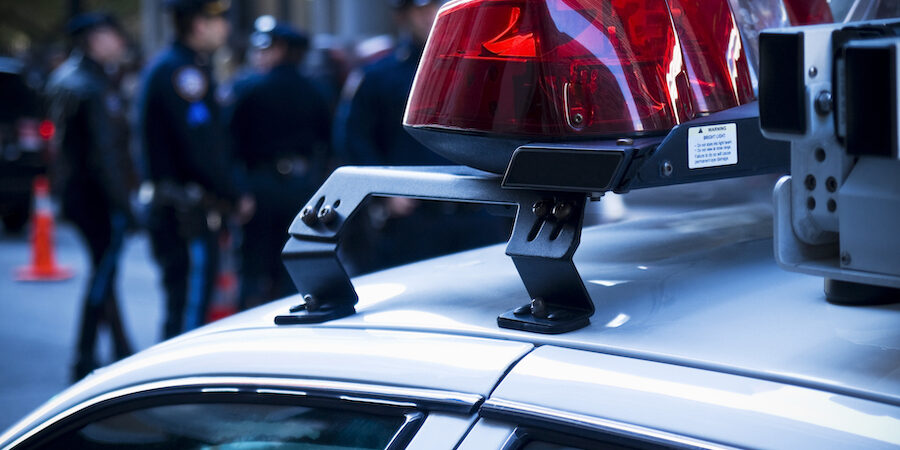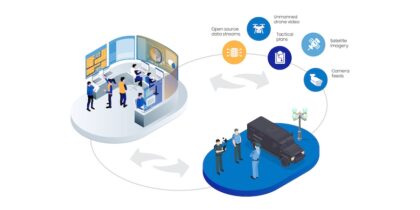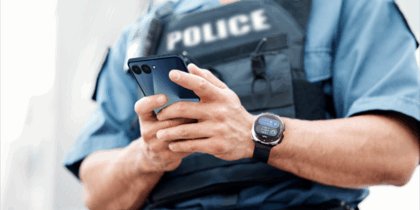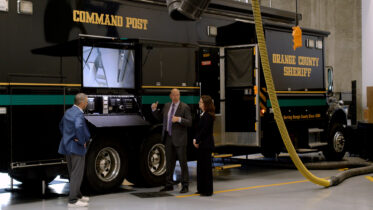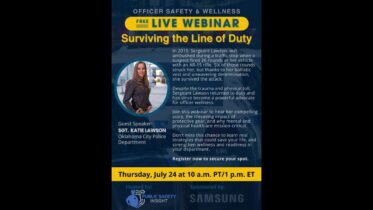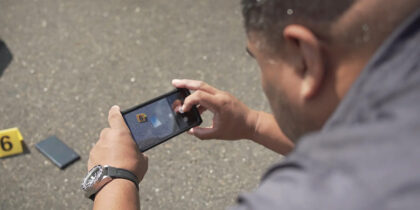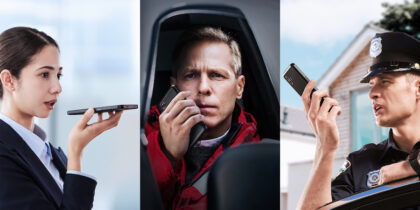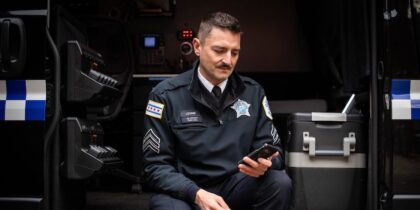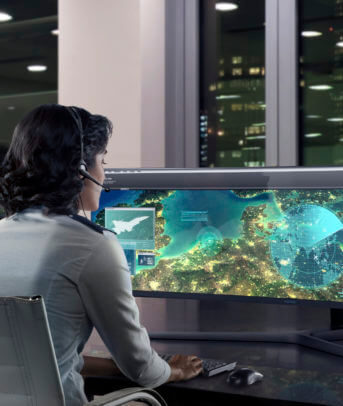Going mobile is a force multiplier for first responders. With smart, cloud-based apps, they can now access all the information they need on their smartphones and tablets — be it real-time assignments and updates from dispatch, or access to vital records in the field. Having all this data at their fingertips allows first responders to respond more quickly and be more aware of the situation around them.
Known globally for its computer-aided dispatch (CAD) solutions, Hexagon’s Safety, Infrastructure & Geospatial division is addressing the mobile needs of first responders with a suite of easy-to-deploy smartphone and tablet apps. These apps include workflows for dispatch and records management. Collectively, they provide the department’s full informational capabilities to officers in the field.
“Our mobility solutions empower field personnel to make better-informed decisions by enhancing their awareness, their communication and their coordination between each other and other agencies,” said Steven Marz, vice president of strategy and innovation for Hexagon’s Safety, Infrastructure & Geospatial division. “These apps also help dispatchers and supervisors keep their teams safe while they’re out in the field.”
Hexagon’s mobile solutions
The smartphone app for dispatch is designed to connect first responder mobile devices directly to their department’s HxGN OnCall Dispatch system. A first responder using a mobile device can send and receive incident information and messages with dispatch, query any connected databases for information, search outstanding warrants and have their location visible in the dispatch system. Because the mobile app was designed to run on smartphones and tablets, it can access these devices’ onboard cameras — allowing officers to send imagery back to dispatch in real time.
Hexagon’s records mobile apps allow first responders to search departmental records (such as license plate registration), conduct interviews and record incident information and photos. This app’s data collection capability also allows first responders to write up reports faster, freeing up time previously lost to paperwork for more time in the community.
Mobile apps in action
Hexagon’s computer-aided dispatch (CAD) solutions and mobile applications are being used by first responder agencies today, in cities such as Toronto and Washington, D.C.
In Canada, the Toronto Police Service (TPS) has rolled out Hexagon’s mobile solutions to its patrol cars and smartphone-equipped officers. Using these apps along with its Hexagon dispatch system, the TPS can track and inform its officers in real time.
In Washington, Marz said, “we connect dozens of departments including federal government agencies and nearby jurisdictions. The CAD side of the system is configured to accommodate business roles and workflows of each of those different agencies. As an example, for fire incidents, our CAD determines the number of engines, ambulances and battalion chief support vehicles needed to respond to that type of incident. And our mobile apps keep everyone connected.”
Taking mobile connectivity to the next level
When used with an in-vehicle computing solution such as Samsung DeX, Hexagon’s dispatch and records mobile apps can speed up the report-writing process significantly. DeX seamlessly extends a Samsung Galaxy smartphone and the first responder’s mobile apps into a full in-vehicle desktop experience — complete with a large touchscreen, rugged keyboard and touchpad. Users can then grab their phone out of the vehicle and dock it into a desktop monitor, keyboard and mouse at the station.
Get the Samsung DeX study for public safety
Download the Public Safety Network's in-depth cost comparison on Samsung's DeX in-vehicle solution. Download Now
Since a single device powers computing when in the field, in the patrol car and back at the station, no time is lost transitioning between locations. The result is a force multiplier for officers who are now better informed and more connected than ever before with a full array of situational awareness, records and reporting tools available to them wherever they go. Samsung DeX in a patrol vehicle is also thousands of dollars less expensive to buy and install than a ruggedized laptop and consumes less space in the cabin.
“Samsung’s DeX technology definitely brings a lot of value to first responder agencies,” said Marz. “They understand the value proposition around kitting a car with a Samsung device and DeX versus a traditional ruggedized laptop. Plus, they see the benefit in offering access to their systems through mobile devices.”
Ready for a mobile-first world
Smartphones are evolving to become the focal point of business operations across all industries, and solutions such as Samsung DeX partnered with Hexagon’s next-gen apps are making this capability real for first responders today.
“Previously, laptops were the only way first responders connected into their systems, but that’s the past,” said Marz. “Now, it’s a mobile-first world. We all have a mobile device on us — so it’s not surprising to see more and more first responder agencies deploying smartphones to their officers. I think this is a good thing, and I believe that we will see this deployment become an increasing trend in first responder communications.”
Discover more opportunities Samsung is creating for mobile first responders to improve situational awareness and officer safety. Plan and implement a mobile initiative at your agency with this practical roadmap.
